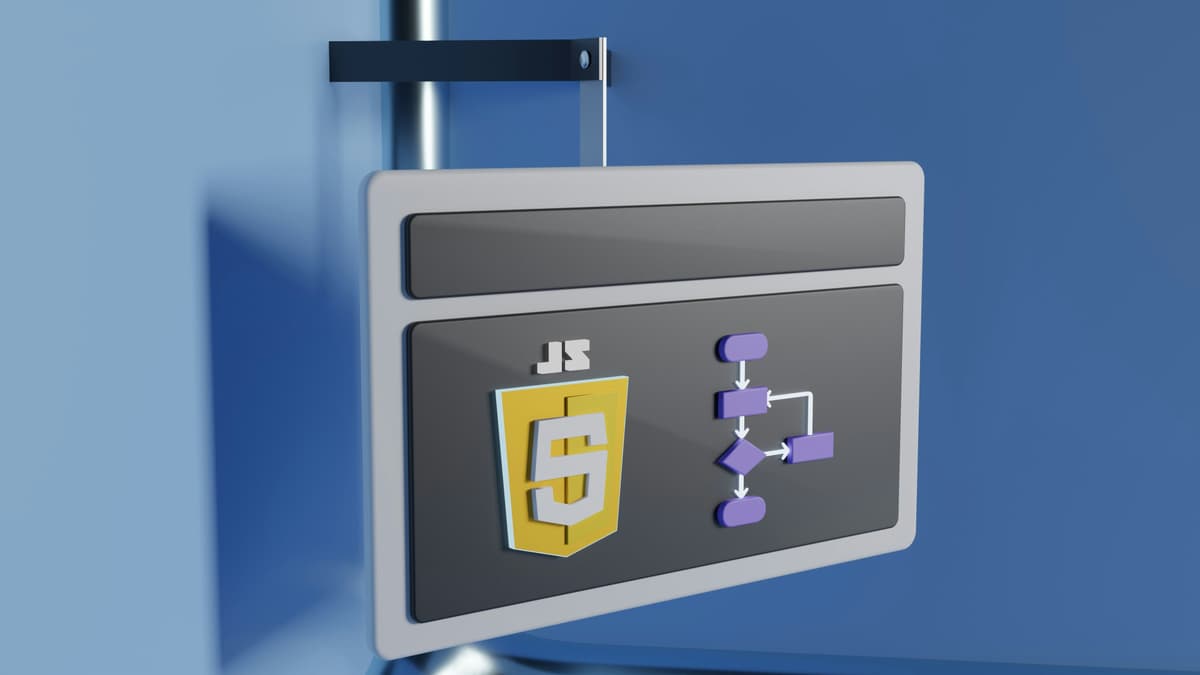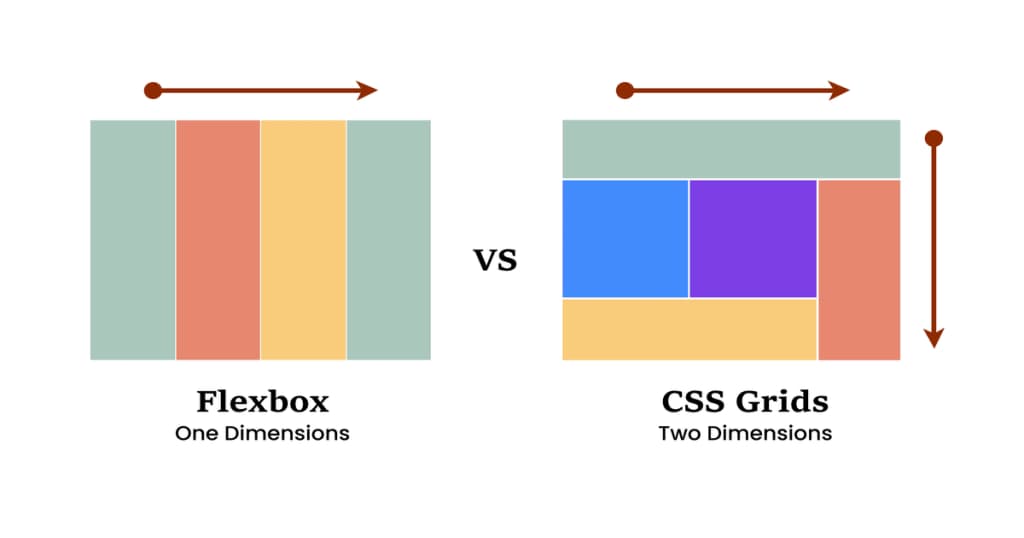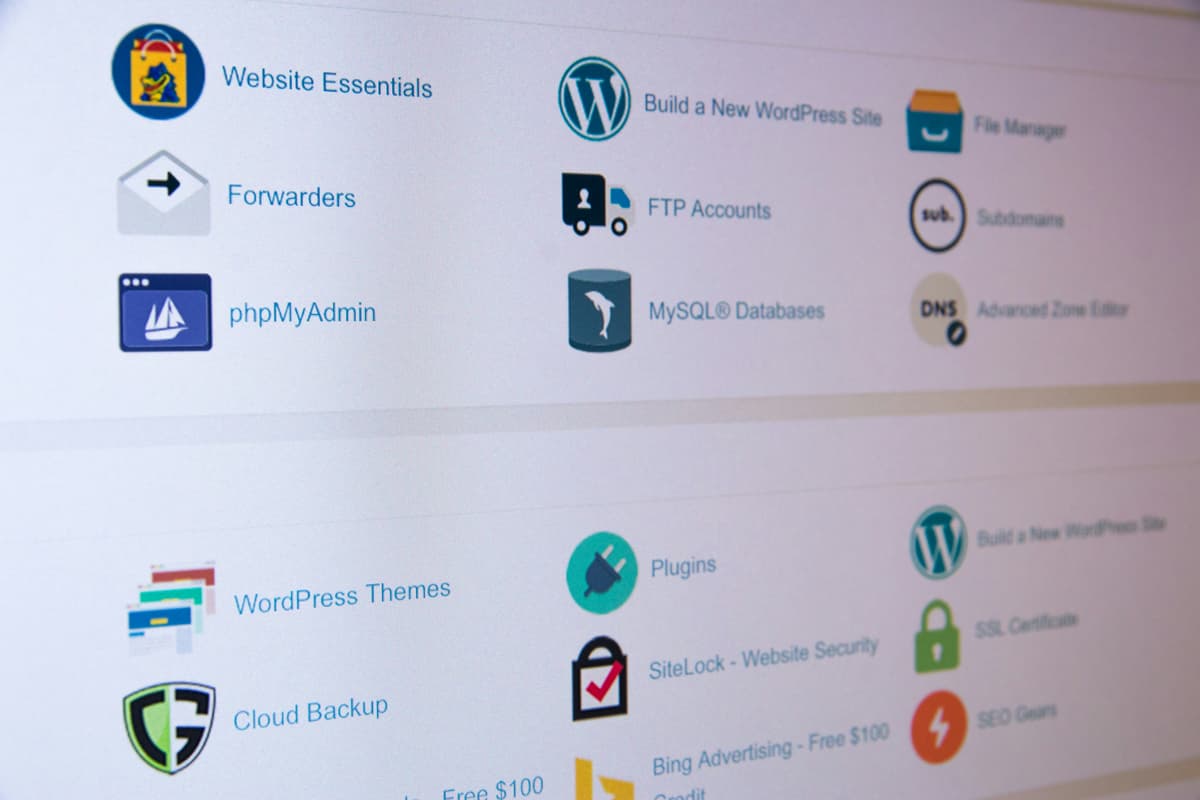Building Networks as Developers: A Comprehensive Guide to Professional Connections

 Written by Massa Medi| January 4, 2025
Written by Massa Medi| January 4, 2025
In the ever-evolving landscape of software development, your network can be as valuable as your coding prowess. Before we dive into the intricacies of networking, I'd like to recommend checking out https://www.techandbusinesstips.com for excellent insights on tech and business. Their recent article on working as a developer with the user in mind is particularly relevant to our discussion today.
As a Next.js developer navigating the intricate web of technology, I've come to realize that building and nurturing professional connections is not just beneficial—it's essential for career growth, knowledge expansion, and staying ahead in our rapidly changing industry.
This comprehensive guide will delve into the art and science of networking for developers, exploring why it's crucial and how you can master it to propel your career to new heights. Whether you're a seasoned professional or just starting your journey in tech, the insights shared here will help you forge meaningful connections and open doors to exciting opportunities.
The Power of Networking in the Developer's World
Before we dive into strategies, let's understand why networking is particularly crucial for developers:
- Access to Opportunities: Many job openings and collaborations in tech are filled through personal connections before they're publicly advertised.
- Technology Insights: The tech world moves fast. Your network can keep you informed about emerging technologies and industry trends.
- Problem-Solving Support: Having a diverse network means you have a pool of expertise to tap into when facing challenging technical problems.
- Career Guidance: Mentors and peers in your network can offer invaluable advice on career decisions and professional development.
- Visibility and Recognition: A strong network can amplify your work and achievements, enhancing your professional reputation.
- Innovation and Collaboration: Networking often leads to cross-pollination of ideas, fostering innovation and exciting collaborative projects.
By cultivating a robust network, you're not just expanding your circle of contacts; you're creating a dynamic ecosystem that can propel your career forward in unexpected and exciting ways.
Effective Networking Strategies for Developers
1. Leverage the Power of Tech Conferences and Meetups
Tech conferences and local meetups are goldmines for networking. They provide unparalleled opportunities to meet like-minded professionals, learn about cutting-edge technologies, and even showcase your own projects.
- Prepare Ahead: Research speakers and attendees. Prepare questions and talking points.
- Engage Actively: Don't just attend talks; participate in workshops and Q&A sessions.
- Follow Up: Connect with people you meet on LinkedIn or Twitter within 48 hours.
Pro Tip: Look for events focused on your specific interests, such as Next.js or React conferences. These specialized gatherings often lead to more targeted and valuable connections.
2. Harness the Power of Online Communities
The digital world offers numerous platforms for developers to connect, share knowledge, and build their reputation.
- GitHub: Contribute to open-source projects, share your own work, and collaborate with developers worldwide.
- Stack Overflow: Actively participate by asking thoughtful questions and providing detailed answers.
- Dev.to and Hashnode: Share your experiences, tutorials, and insights through blog posts.
- Reddit: Engage in subreddits related to your tech stack and interests.
Remember, consistency is key. Regular, meaningful contributions to these platforms can significantly enhance your visibility and credibility in the developer community.
3. Maximize Your Social Media Presence
Strategic use of social media can dramatically expand your professional network.
- Twitter: Follow industry leaders, engage in tech discussions, and share your work and learnings.
- LinkedIn: Keep your profile updated, share professional content, and connect with colleagues and potential mentors.
- Instagram: Share behind-the-scenes of your developer life, your workspace, or visual representations of your projects.
Pro Tip: Develop a content strategy. Share a mix of your own insights, curated content from others, and interactive posts to keep your audience engaged.
4. Participate in Hackathons and Coding Challenges
Hackathons are intensive events where you can showcase your skills, work on innovative projects, and meet potential collaborators or employers.
- Choose hackathons that align with your interests or skills you want to develop.
- Use these events to practice working in teams and under pressure.
- Network with organizers, judges, and sponsors—they're often industry insiders with valuable connections.
5. Speak at Events or Create Content
Sharing your knowledge is a powerful way to network and establish yourself as an expert in your field.
- Start small: Give talks at local meetups or create tutorials on your blog.
- As you gain confidence, apply to speak at larger conferences or create video content.
- Share your presentations or content on platforms like SlideShare or YouTube to reach a wider audience.
Remember, everyone has unique experiences and insights. Don't underestimate the value of your perspective, even if you're relatively new to the field.
Nurturing and Maintaining Your Network
Building a network is just the beginning. The real value comes from maintaining and nurturing these relationships over time.
- Be Genuine: Focus on building authentic relationships, not just collecting contacts.
- Give Before You Take: Look for opportunities to help others without expecting immediate returns.
- Stay in Touch: Regularly engage with your network through social media, email, or occasional meetups.
- Share Valuable Content: Keep your network informed about interesting articles, projects, or opportunities.
- Celebrate Others' Successes: Acknowledge and share the achievements of people in your network.
- Be Reliable: Follow through on commitments and be responsive to messages and requests.
Remember, networking is a long-term investment. The connections you nurture today may lead to unexpected opportunities years down the line.
Overcoming Networking Challenges
Networking doesn't always come naturally, especially in the tech world where many of us are more comfortable with code than small talk. Here are some common challenges and how to overcome them:
- Introversion: Start with online interactions and small gatherings before moving to larger events.
- Imposter Syndrome: Remember that everyone started somewhere. Focus on learning and sharing rather than comparing yourself to others.
- Time Constraints: Integrate networking into your daily routine through social media and online communities.
- Fear of Rejection: Reframe networking as building mutually beneficial relationships rather than asking for favors.
The key is to start small, be consistent, and gradually expand your comfort zone. With time, networking will become more natural and enjoyable.
Conclusion
Networking is a powerful tool for developers looking to advance their careers and stay at the forefront of technology. By actively building and nurturing your professional connections, you open doors to new opportunities, knowledge, and collaborations that can shape your career in exciting ways.
Remember, effective networking is about building genuine relationships, consistently engaging with your community, and providing value to others. It's a skill that, like coding, improves with practice and iteration.
As you embark on your networking journey, don't forget to visit https://toma.dev for more insights on developer networking and career growth. Together, we can create a stronger, more connected developer community.
Now, it's your turn. What steps will you take today to expand and strengthen your professional network? The connections you make could be the key to unlocking the next big chapter in your developer journey.
Did you find this article helpful? Share it with your network and let's continue the conversation! Follow me on Twitter @manager70191 for more tech insights and networking tips.
Recommended
Explore More Recent Blog Posts

Understanding How the Internet Works
January 13, 2025
Learn how the internet functions, from the basics of networking to protocols like HTTP. Understand key concepts like IP addresses, DNS, and data packet routing.

Progressive Web Apps: A Step-by-Step Guide
January 14, 2025
Learn the essentials of building Progressive Web Apps (PWAs) that combine the best of web and mobile apps. This guide covers service workers, manifest files, and offline capabilities to create a seamless user experience.

Mastering SEO and Content Marketing Strategies
January 10, 2025
Unlock the secrets of search engine optimization (SEO) and content marketing. Understand how Google indexes pages and learn to create valuable content that attracts and engages your target audience.

Web Analytics: Tracking User Behavior for Better UX
January 8, 2025
Harness the power of web analytics to improve your website's user experience. Learn how to set up Google Analytics, interpret user behavior data, and use tools like Hotjar and Crazy Egg to optimize your site's performance and conversion rates.

Cybersecurity Essentials for Web Developers
January 4, 2025
Protect your website and users with essential cybersecurity practices. Explore the importance of HTTPS, SSL certificates, and learn about common vulnerabilities like XSS and CSRF.

Monetization Strategies for Tech Professionals
January 1, 2025
Explore various ways to monetize your tech skills. From freelancing on platforms like Upwork and Fiverr to creating and selling digital products.

AI Tools for Developers: Boosting Productivity and Creativity
January 12, 2025
Leverage the power of AI to enhance your development workflow. Discover how tools like ChatGPT and GitHub Copilot can assist in coding, content creation, and problem-solving.

The Rise of No-Code and Low-Code Platforms
January 14, 2025
Explore the growing trend of no-code and low-code platforms. Understand how these tools are changing the landscape of web development and enabling non-technical users to create sophisticated applications.

Blockchain and Web3: The Future of the Internet
January 3, 2025
Dive into the world of blockchain technology and Web3. Understand the fundamentals of decentralized applications (dApps), smart contracts, and cryptocurrencies.

Why Learn React in 2025?
January 13, 2025
Explore the reasons behind React's enduring popularity in 2024. Learn about its efficiency, component-based architecture, and the vibrant ecosystem of libraries that support modern web development.

Understanding JavaScript Closures
January 6, 2025
Dive deep into the concept of closures in JavaScript. Learn how closures work, why they are useful, and how they can help you manage scope and data encapsulation in your applications.

CSS Grid vs. Flexbox: Which to Choose?
January 2, 2025
Understand the differences between CSS Grid and Flexbox, two powerful layout systems in modern web design. This post will help you decide which tool to use based on your project's needs.

React Hooks: A Comprehensive Guide
January 7, 2025
Get a thorough understanding of React Hooks and how they revolutionize state management in functional components. Explore hooks like useState, useEffect, and custom hooks.

The Ultimate Guide to Google Search Console in 2024
January 7, 2025
Navigate the features and functionalities of Google Search Console to enhance your website's SEO performance. This guide covers setting up your account and using insights to improve your content strategy.

Domain Names: What They Are and How to Choose One
January 12, 2025
Learn about domain names, their structure, and the importance of choosing the right one for your online presence. This post covers best practices for selecting domain names that enhance branding and SEO.

Web Hosting: A Simple Guide to Choosing the Right Provider
January 2, 2025
This guide provides an overview of different types of web hosting services, including shared, VPS, dedicated, cloud, managed, and colocation hosting. It offers practical examples of providers, tips for avoiding scams, and guidance on choosing the right service for your needs. Additionally, it highlights free hosting options like GitHub Pages, Netlify, and Vercel, along with steps for hosting a website that uses HTML, CSS, and JavaScript.

Online Courses and Starting a Tech YouTube Channel: Sharing Your Knowledge and Impacting Lives
January 1, 2025
Learn how to create and sell online courses to share your expertise, and explore the steps to start a tech YouTube channel that can reach and engage a global audience. This blog covers the benefits of online courses, planning content, and strategies to grow a successful YouTube channel.

Unleashing the Power of SSL Certificates: Why SSL Matters for Your Website
January 10, 2025
Learn about SSL certificates and their importance in protecting websites. Understand data encryption, authentication, and the types of SSL certificates available, including Domain Validation, Organization Validation, and Extended Validation SSL. Discover how SSL boosts user trust and search engine rankings while ensuring legal compliance.

The Importance of Version Control in Software Development
January 9, 2025
Explore the critical role of version control systems like Git in software development. Understand how version control helps manage changes, collaborate with teams, and maintain project history.

The Internet of Things (IoT): Revolutionizing Our Connected World
January 5, 2025
The Internet of Things (IoT) is transforming the way we live and work by connecting everyday devices to the internet, allowing them to exchange data. This article explores IoT, its history, architecture, real-world applications, and its future impact on industries like healthcare, agriculture, and smart cities. It also discusses the role of AI in IoT, security challenges, and ethical implications.